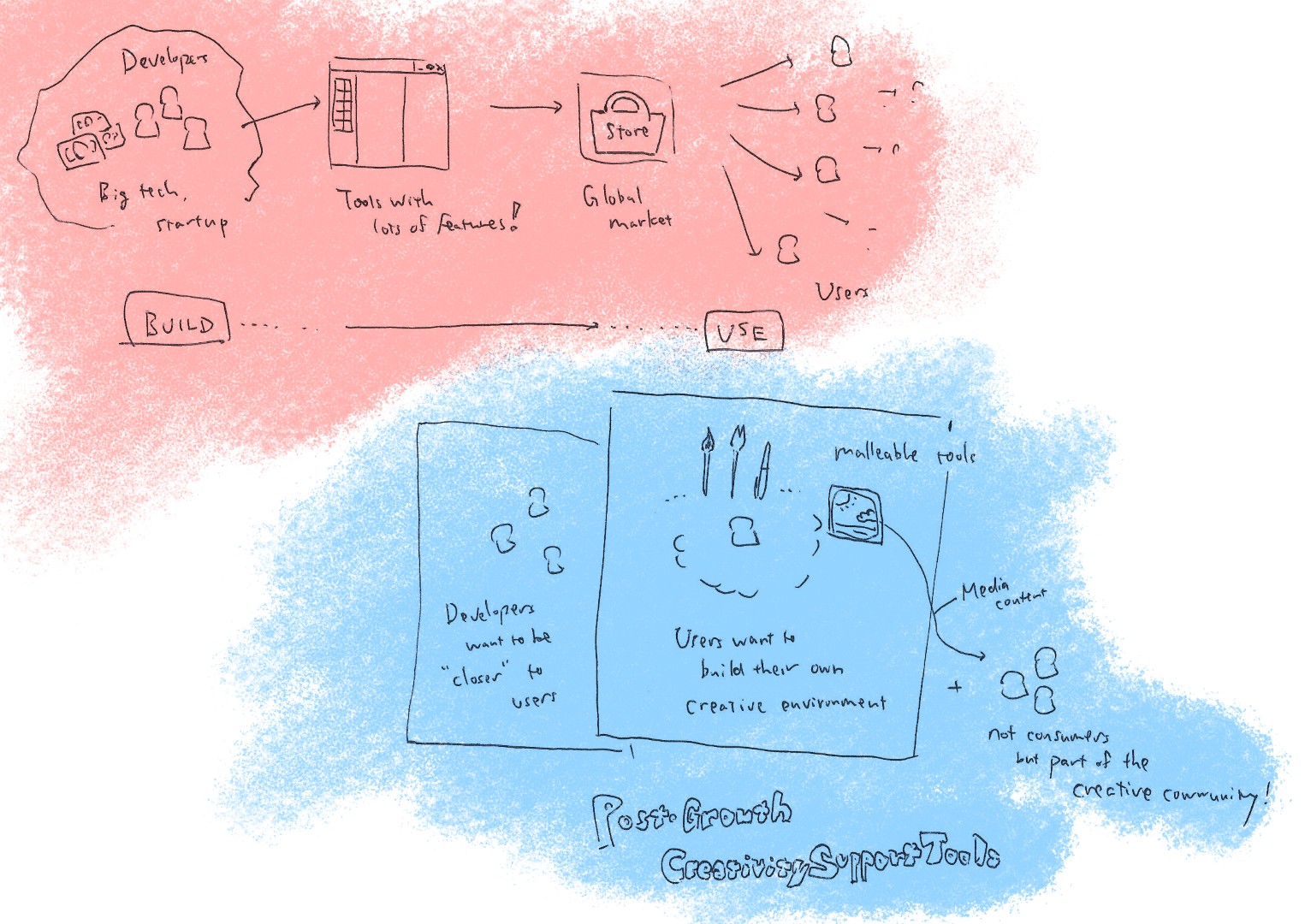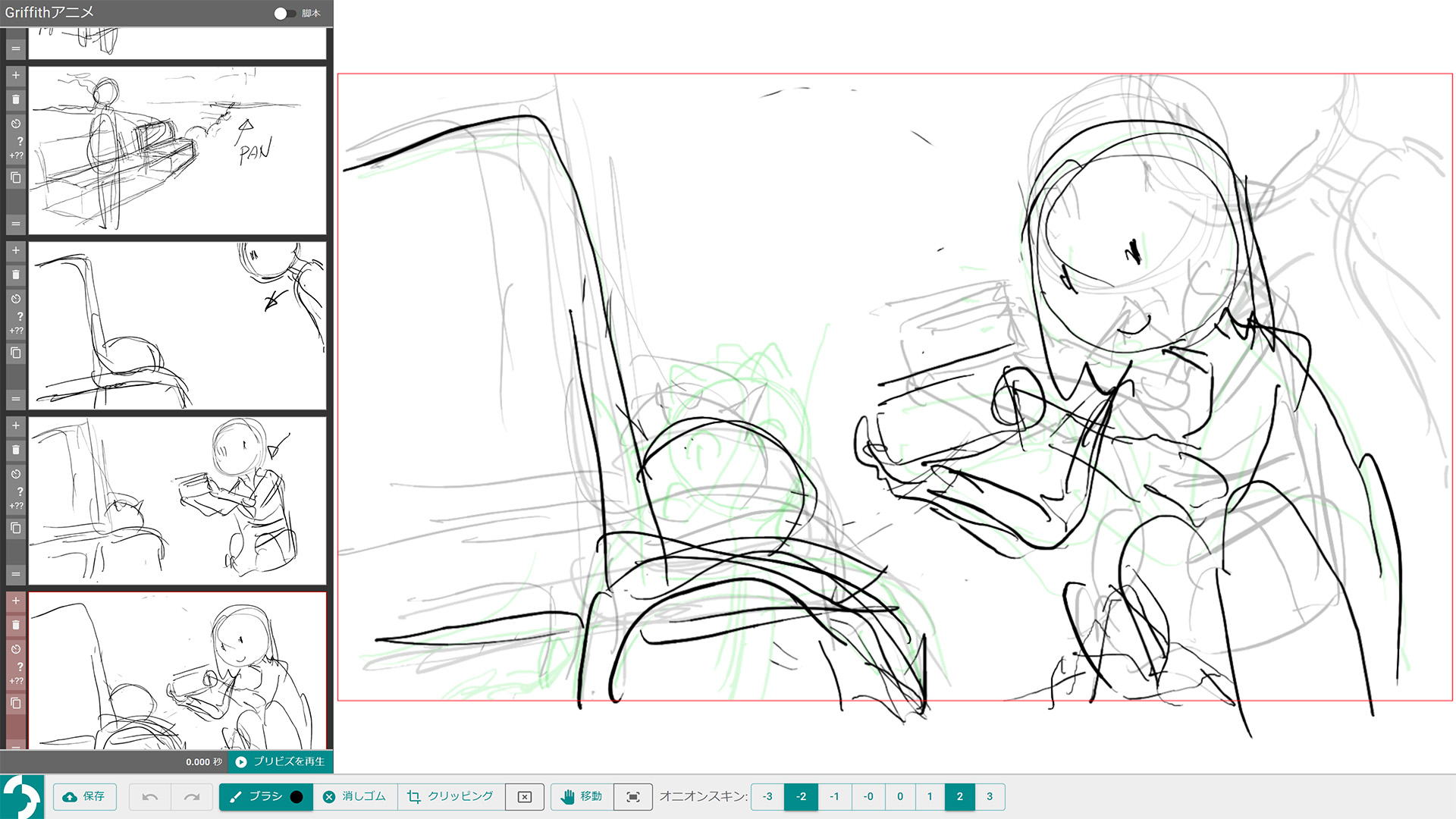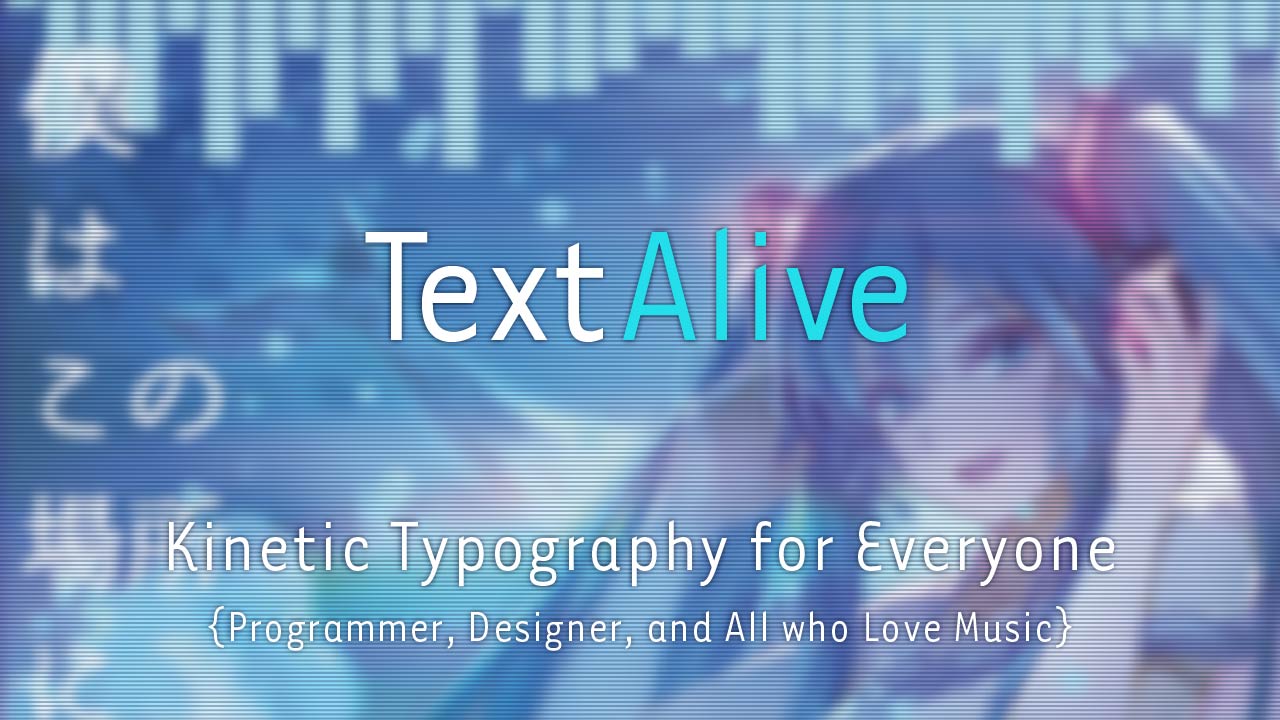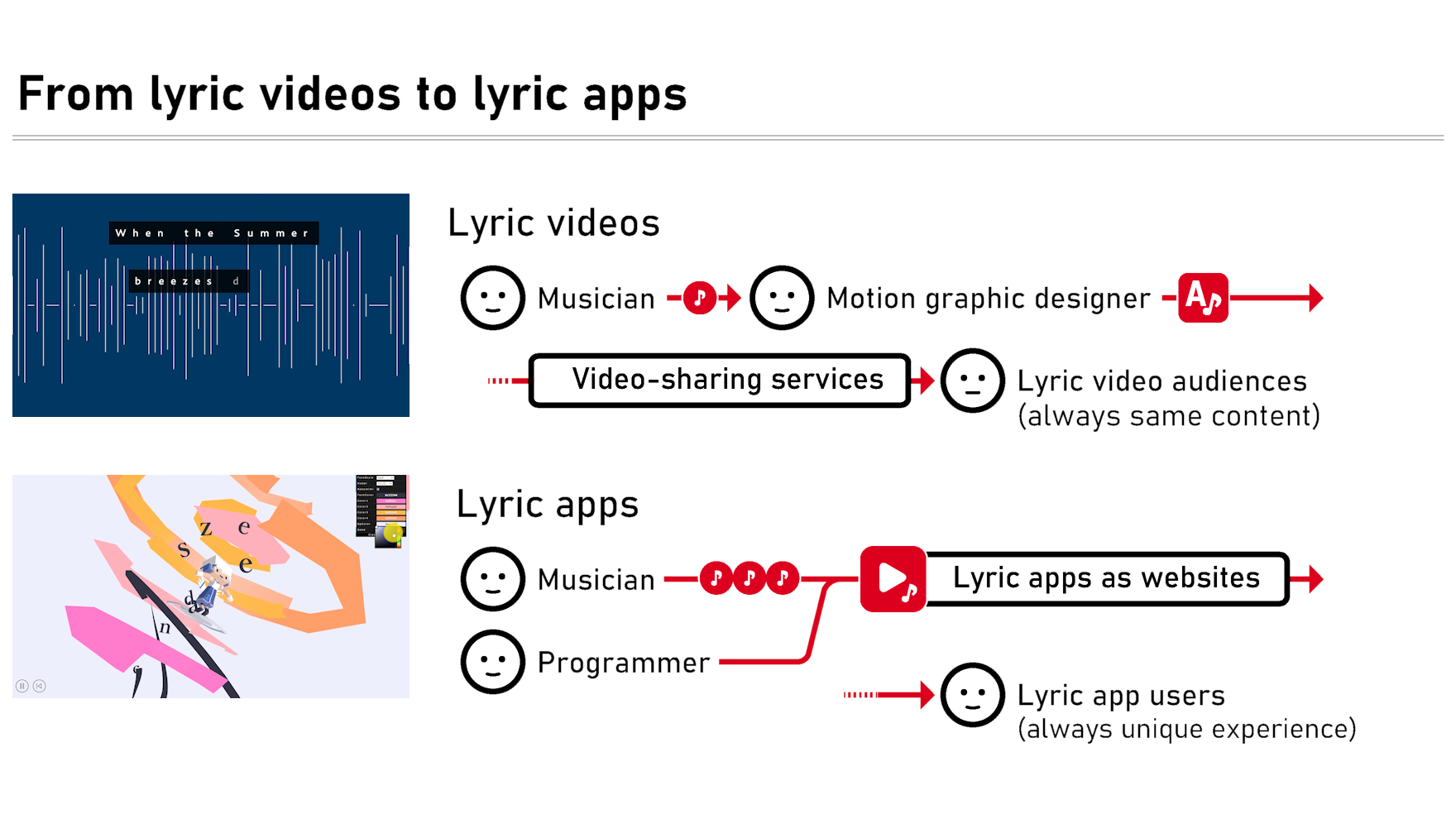In contemporary capitalism, particularly in computer-science-related fields, capital-driven innovation tends to dominate discourse and decision-making. This model aligns with technosolutionism, the belief that technology alone can provide universal solutions. However, creative industries with deep cultural traditions, such as Japanese animation (anime), require a fundamentally different approach. These industries function as communities of practitioners united by a shared goal of producing high-quality creative work, yet they encompass a wide range of technical backgrounds. As a result, they need diverse socio-technical solutions, including tools that facilitate collaboration between different roles (e.g., artists and producers), user interfaces designed for expressivity rather than naïve usability, and support for hybrid analog-digital workflows.
Despite their cultural significance, these communities remain small compared to the vast user base of globally distributed products. Consequently, capital-driven efforts rarely prioritize dedicated solutions for them, reinforcing an asymmetrical power structure between toolmakers and users. While a few software engineers have supported practitioners, the community is still seeking a sustainable structure. Notably, because tools are a critical component in shaping culture and its evolution, such sustainable collaboration is also important for maintaining cultural diversity in a form decoupled from economic growth. This is where the academic community of Human-Computer Interaction (HCI) can play a critical role.
A notable precedent is the collaboration between the 3D computer graphics (CG) animation industry and SIGGRAPH, where academia and industry jointly tackled computational challenges in CG. However, unlike CG, which lends itself to formalization as a purely technical research problem, the socio-technical complexities of creative industries often resist such reduction. This makes HCI an ideal partner, jointly building and deploying creativity-support tools with collaboration, professional use, and hybrid analog-digital workflows in mind. The resulting toolchain can be considered a new commons to be shared across the industry.
As researchers with experience in the animation industry and a deep interest in cultural circulation, we reflect on these challenges from both academic and industry perspectives. Creativity-support tools must be designed with an awareness of the cultural and professional contexts in which they are used, going beyond the Western-centric, economic-growth-driven focus. As a vision for post-growth HCI, we argue that fostering slow but steady collaborations between academia and creative industries has the potential to ensure that technological development supports sustainable, culturally embedded, and community-driven futures.


 トップ
トップ

